Diabetes Device Choices
Overview
Meter & Injections
Meter & Pen
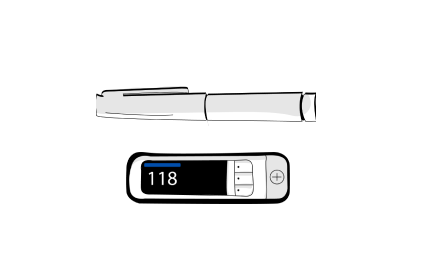
This combo is simple, reliable, and incognito.
Sensor & Injections
Eversense & Syringe
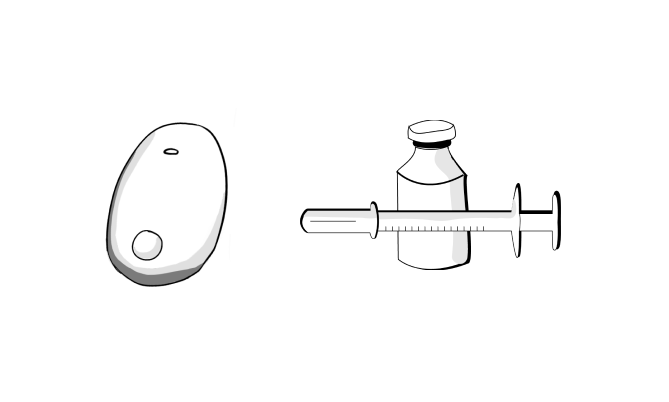
The Eversense is implanted under the skin, so you can hide your devices easier.
*You will need an iPhone to use the Eversense sensor.
Priority: Overall
Next Steps

You're going to do great on the devices you choose
Talk to your provider to get a prescription. Advocate for yourself with a list of reasons why you believe it is best for your lifestyle.
Talk to the device companies about the device you want and if your insurance will cover it. They can help with this.
Many insurance companies require documentation of different qualifications before approving diabetes device coverage. every insurance company is different but some common qualifications include checking your blood sugar 4-6 times per day or having frequent low blood sugars. Understanding what qualifications are necessary for device coverage before starting the approval process can make things a lot easier.
Visit https://diabeteswise.org/resources/getting-treatment/qualify-for-insurance/ for more resources.
Questions for your Doctor
Meter & Pen
Can I try this before I commit to it?
A lot of provider offices have sample devices you can touch and feel to get a sense of how they work. Some offices even have a trial device you can use for week to see how it works for you.
Eversense & Syringe
Can I try this before I commit to it?
A lot of provider offices have sample devices you can touch and feel to get a sense of how they work. Some offices even have a trial device you can use for week to see how it works for you.
Questions for your insurance
Many insurance companies require documentation of different qualifications before approving diabetes device coverage. Every insurance company is different, but some common qualifications include checking your blood sugar 4-6 times per day or having frequent low blood sugars. Understanding what qualifications are necessary for device coverage before starting the approval process can make things a lot easier.
Talk to the device companies
Meter
Because there are so many options, and they don't have huge differences - the best thing to do is see what options your insurance companies will cover. The best way to find that out is through your doctor.
WalgreensInsulin Pen
Ask your provider about a insulin pen prescription. Learn which is covered.
Insulin Pen OverviewEversense
Either call the phone number here to ask about getting started or fill out the form that is linked here to get started.
1-844-736 7348 Eversense WebsiteSyringe and Vial
Understand your cost at your local pharmacy.
Insulin Cost OverviewAdditional Resources
By Priorities
 Active Lifestyle
Active Lifestyle
 Avoiding Highs and Lows
Avoiding Highs and Lows
 Comfort
Comfort
 Easy Insulin Dosing
Easy Insulin Dosing
 Easy to Use
Easy to Use
 Fewer Fingersticks
Fewer Fingersticks
 Privacy
Privacy
Cost & Coverage
Meter
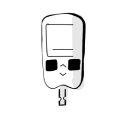
Eversense
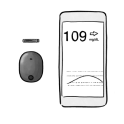
Glucose Testing Supplies
Meter & Fingerpricker (1 time purchase)
Strips & Supplies
Sensors
Transmitter (1 time purchase & Rechargeable)
Glucose Testing Cost Estimate
Startup $0 to $60
Monthly $100
There are lots of different meters out there. It's worth seeing which are covered by insurance - they will cover some of the cost of the strips. Often your doctor can give you a meter for free, worth asking.
Startup Bridge Program $99.
This is a trial program and there are eligibility requirements that should be considered prior.
Eversense is covered by select insurers, including Cigna and Medicare.
Insulin Pen

Syringe and Vial
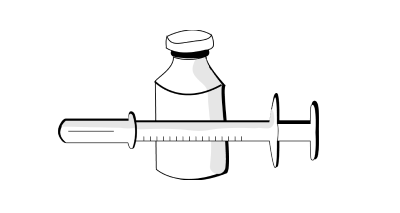
Insulin Dosing Supplies
Pen (thats it!)
Syringe ~$30 (Monthly)
Insulin $5 to $500 (Monthly)
Insulin Dosing Cost Estimate
Monthly $5 to $1260
The total cost depends on the amount of pens you use which is dependent on how much insulin you use.
The total amount depends hugely on how much insulin you use and what your insurance covers.



